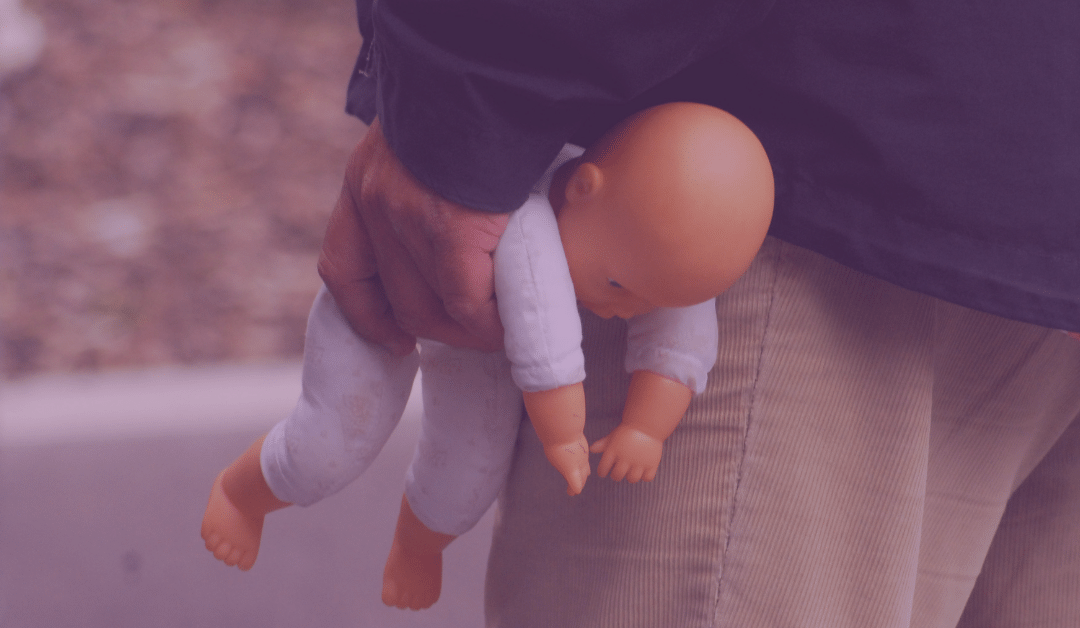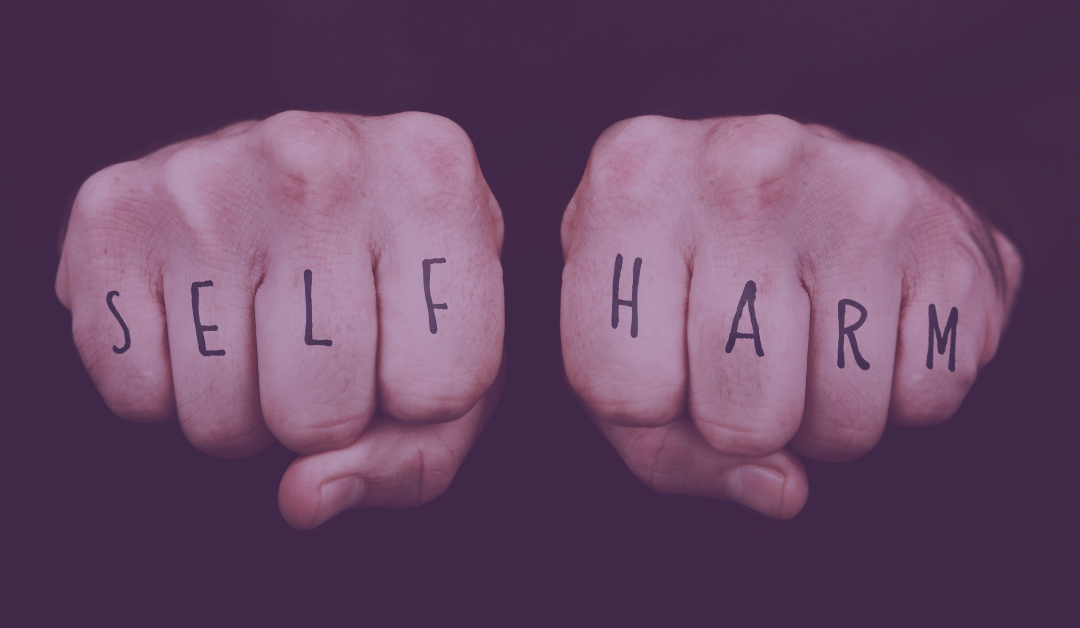
by Madeleine Craig | Jul 31, 2021 | Chaos to Clarity, Family Addiction
If you are already working a 12-Step program, but you are still struggling to address your loved one’s addiction and take care of yourself around this issue, you very well may need a family recovery program in order to do so.
There are several things to keep in mind here:
The 12-Step program that supported your recovery is designed solely to support your own individual recovery, not the recovery of a loved one. These programs may use an almost identical process, but they use them for very different purposes.
Also, you will not necessarily find the support of others who can help you face someone else’s addiction in your first recovery program. You will find them in a family recovery program, whether that’s a 12-Step family recovery program or something else.
It is easy for someone who has already recovered from their own addiction to think they can help their loved one recover too. But your loved one may not be willing to hear anything about recovery from you.
There might be too many other emotional ties in the mix to make them open to hearing it from you. They may need to hear it from someone else. Your example of recovery may be all you are able to effectively offer, at least in the beginning.
This might be difficult to accept, and you may need your own support around that, support you will find in a family recovery program.

by Madeleine Craig | Jul 31, 2021 | Chaos to Clarity, Family Addiction
It is not uncommon for someone who grew up with addiction in the family to marry someone with an addiction, have a child who develops an addiction, or both.
This is another reason for you to work on your own healing and recovery.
As an adult child of a mother and stepfather with addictions, however, I know that a specialized focus on issues specific to adult children can be extremely helpful. You might want to seek out 12-Step meetings that focus solely on adult children. You might want to learn as much as possible about the issues specific to adult children.
I would also suggest you learn more about complex PTSD, as children raised in homes affected by addiction often develop complex PTSD by the time they are adults, even if there was no physical violence in the home.
I’ve listed resources for this on the Resources page on my website. There are also resources there that are specific to parents of a substance user.

by Madeleine Craig | Jul 31, 2021 | Chaos to Clarity, Family Addiction
The Affordable Care Act does require all insurance policies to offer addiction treatment coverage. But it allows policies to set conditions on treatment if they choose.
Some policies require a person to go through outpatient treatment before they will cover in-patient treatment.
This can be really challenging – I know, because what it basically means is that your loved one has to fail out-patient treatment before they will be offered in-patient treatment, and that “failure” could have devastating consequences.
Other policies might require pre-approval before your loved one can be admitted to a treatment program. Again, by the time you get a doctor’s pre-approval, your loved one could change their mind.
There are three things you can do:
First, do your research about your insurance and available treatment options right away.
If your loved one will need pre-approval, it might be worth your while to contact your primary care physician, or another willing physician well ahead of time, explain your situation to them, and see if, when your loved one is ready, they would agree to get your loved one in on a last-minute basis so you can get the pre-approval with minimal delay.
Finally, I suggest you contact your congressperson and ask them to support updating the addiction treatment mandates in the Affordable Care Act.

by Madeleine Craig | Jul 31, 2021 | Chaos to Clarity, Family Addiction
The short answer is you don’t.
However, you can nevertheless take actions in response to how their use is affecting you.
There is a lot of controversy around marijuana, especially around potential medical uses of it.
But here are some things we do and don’t know about it.
We do know that marijuana is addictive, and it does have psychotropic properties that impede cognitive and motor functions. The level of addictiveness and degree of impairment is somewhat less than other drugs, but it is nevertheless significant.
There is a lot of information about research done about the addictive nature of marijuana in the Surgeon General’s Report on Alcohol, Drugs and Health. There is a link to this report on the Resources page on this site.
Speaking of research however, the research on medical uses of marijuana is very limited because congress has placed severe restrictions on research of the plant.
There is significant anecdotal evidence, however, of numerous medical benefits of the plant, but research that could back these up is limited. That said, more and more is coming out every day.
The controversy over the potential medical uses of marijuana is also tied up with controversies over the power of pharmaceutical companies in the US in driving research and drug profits, and that’s not something that can be addressed in this workshop.
So, in short, a discussion with your loved one around problems the marijuana use is creating in their life and your relationship, and the degree to which your loved one is showing signs of being addicted, is likely to be more fruitful than a debate on its medical benefits.

by Madeleine Craig | Jul 31, 2021 | Chaos to Clarity, Family Addiction
No. It’s not true. Just go to any open 12-Step meeting and listen to people talk about how long they’ve been sober or clean, and you will see that they do work.
12-Step support groups are also a widely available and inexpensive source of the recovery support services that are proven to substantially improve recovery outcomes.
That doesn’t mean they work for everybody. They certainly don’t appeal to everybody.
Again, because they offer a spiritual solution and use the word God, they can turn some people off. Some people may have suffered traumatic experiences with religion and cannot create the level of safety and trust needed to work through the actions in the Twelve Steps.
A little bit of history might be helpful in understanding this debate. When Alcoholics Anonymous first wrote its textbook about the 12 Steps, they claimed an 80% recovery rate.
But it’s important to read that passage in the text very carefully.
They did not claim that 80% of everyone who walked in the door recovered.
They claimed that 80% of the people that worked all 12 Steps in a 6-month period and who continued to work with others recovered.
Many, many people don’t manage to work all 12 Steps or do so in a timely enough manner.
There are no studies to support this specific claim, although there are numerous studies that show that 12-Step recovery groups DO improve recovery outcomes.
Although this is purely anecdotal, many people with long term recovery through the 12 Steps still estimate that, among the people who do work all 12 steps in a timely manner and continue to work with others, a similar figure of recovery prevails even today. There is no reliable data on these numbers however.
Even if the spiritual aspect is not a problem, 12 Step recovery is very humbling work.
Just read the steps and you will quickly see what I’m talking about.
There are some who struggle to swallow their pride to the degree that the actions suggested in the steps demand. The Steps may not work for those people.

by Madeleine Craig | Jul 31, 2021 | Chaos to Clarity, Family Addiction
Harm reduction is a response to a number of issues with substance use.
First, harm reduction is a response to the addiction epidemic that acknowledges that not every addicted person will find the wherewithal to choose to recover.
Second, it acknowledges that sobriety is not the only way for people to recover.
In the face of the first acknowledgment, proponents of harm reduction propose policies and actions that serve to reduce the harm addicted people do to themselves and others.
Needle exchange programs are one form of harm reduction in that they reduce the transmission of infectious disease. Safe injection sites serve to reduce the rate of fatal overdoses.
These practices are about keeping someone alive and safe until they can make a small change in any positive direction.
Other proponents of harm reduction seek to decriminalize drugs in order to lower the market price of illicit drugs and thus reduce the amount of crimes that are committed by addicted people in an effort to obtain substances. This keeps substance users out of jail, as incarceration has worsens the problem of substance use.
Please note that decriminalization only makes possession of illicit substances for personal use legal. It does not make production and sale of illicit substances legal.
For those for whom complete sobriety is not absolutely necessary, it promotes reducing drug or alcohol use to safe levels. Often, insisting on sobriety can actually deter a person from making positive change. With the option to just reduce the level of use, people may be more willing to ask for help.






Recent Comments